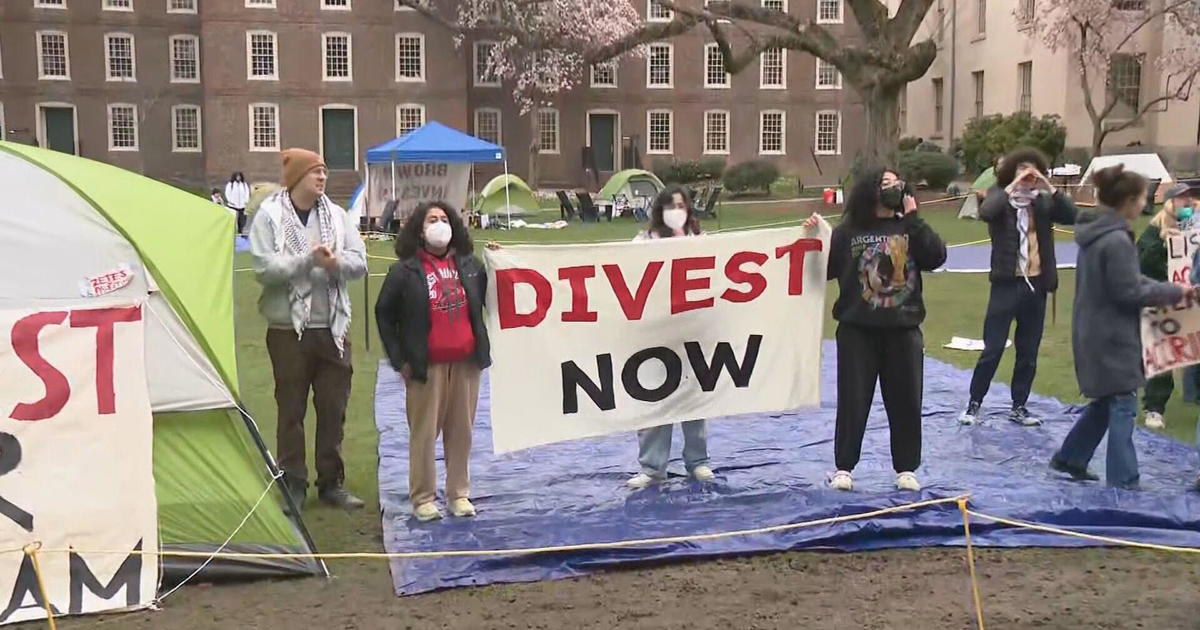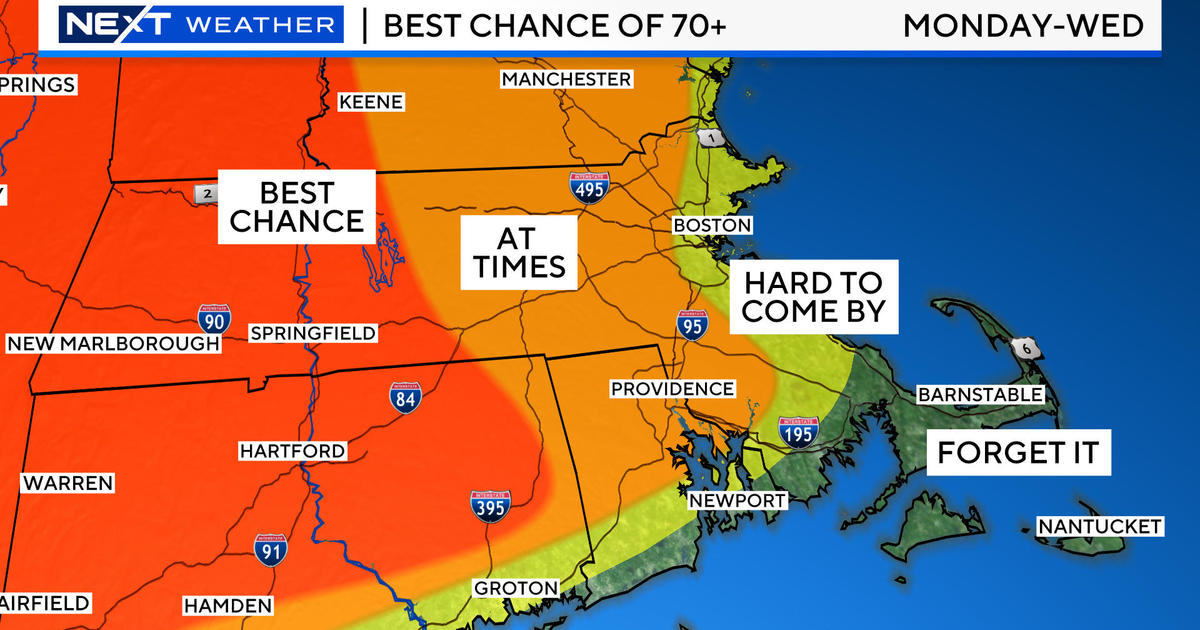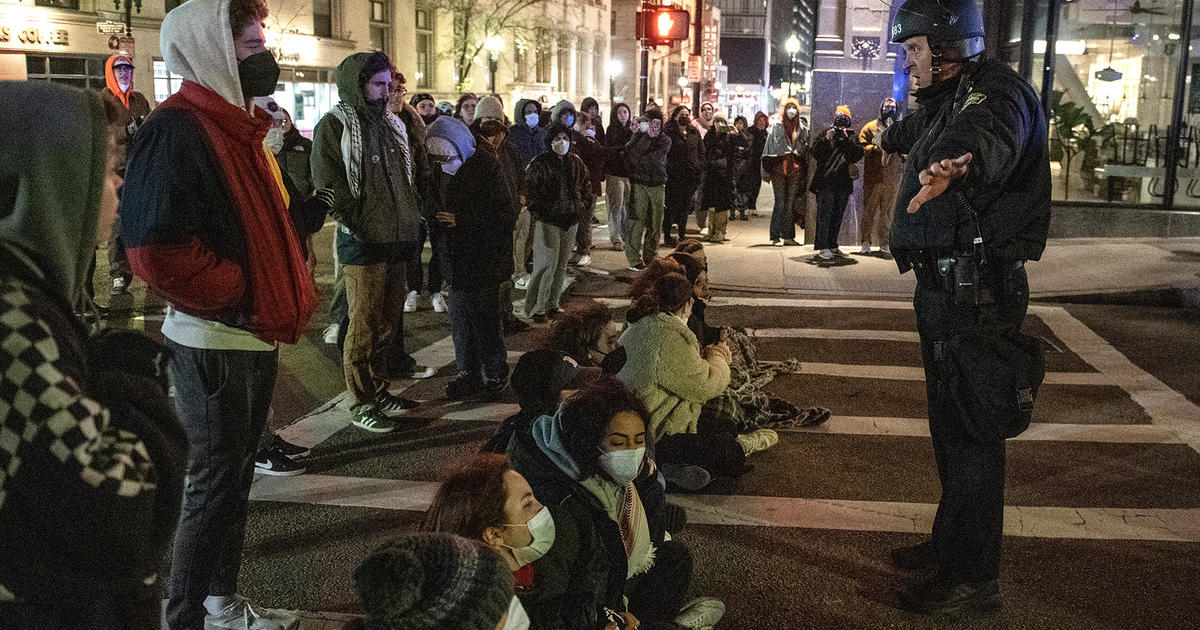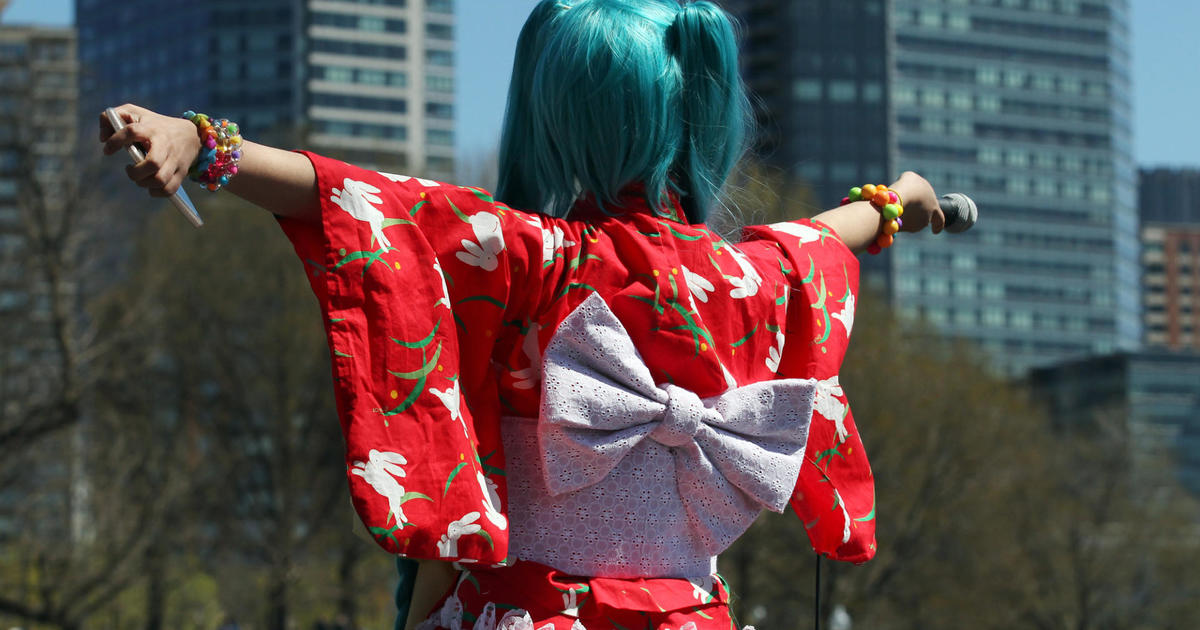Privacy Advocates Concerned Over Push For Increased Surveillance
BOSTON (CBS) - Surveillance cameras were instrumental in helping to identify the marathon bombing suspects. As a result, law enforcement officials from Boston and around the country are now calling to increase the number of cameras. While it may sound like a great idea, some fear our need to feel safe may come at a high cost.
The MBTA has one of the most sophisticated networks of surveillance cameras in the city. The "T" has thousands of cameras watching thousands of people every do. The cameras can send a computer alert to MBTA officials that something might be up. There are invisible lasers set up in restricted areas and as soon as someone crosses that laser, security officials will know immediately.
Randy Clarke is in charge of security at the MBTA. He says cameras are critical for public safety. "Whether it's a large event, like potential terrorism or day to day criminal activity," he said.
Most people expect cameras in a public transportation system the size of the MBTA, but what you may not realize is once you step out of the subway station and onto the street, you are still being watched. If you look closely, surveillance cameras are everywhere, from the financial district to the quaint shopping area of Charles Street, stores, there's even a good chance your employer is watching you while you work.
According to Brookline Police Chief Daniel O'Leary, cameras have helped his department solve a number of violent crimes. "We had an abduction and a vicious rape …and if it wasn't for the cameras, we wouldn't have had two arrests all within four days," he said.
In spite of that, the residents of Brookline were concerned about privacy when those cameras were installed. As a compromise, the town switched the cameras off during the daytime hours.
"I don't think that when I go to Trader Joe's it's really the government's business," said Kade Crockford of the American Civil Liberties Union. She believes the people of Brookline are onto something. She believes that while cameras do help catch criminals, like the marathon bombing suspects, studies show they don't prevent terrorist attacks. "In a rush to feel safe, we shouldn't do things that don't actually make us safer, but impact our privacy negatively."
Crockford also worries cameras may pave the way for more invasive technology like drones, which could peer into a private home or track a person on the street. She is also concerned that if facial recognition software is installed onto surveillance, we may never take another anonymous step.
However, in the wake of the bombings, it may be a tradeoff that some are willing to accept. "I think in heavily populated areas, it's pretty much necessary."
It's a debate sure to heat up as officials in Boston and around the country increasingly look to the lens to be our crime fighting friend.



